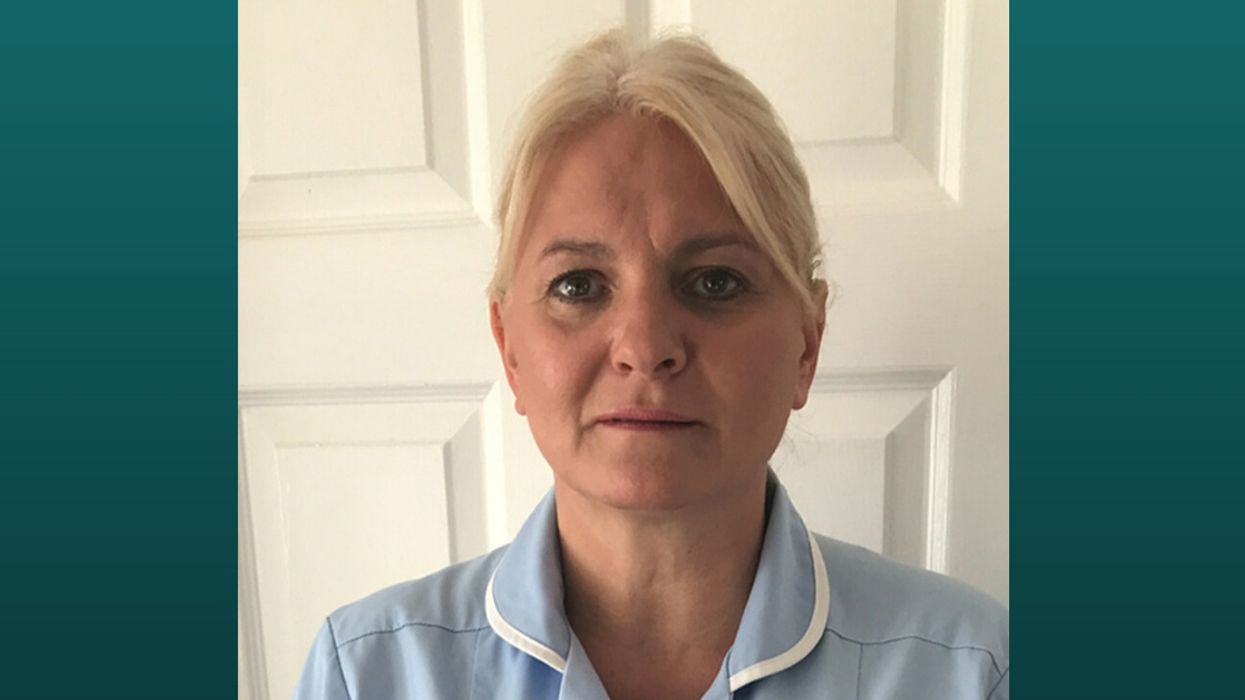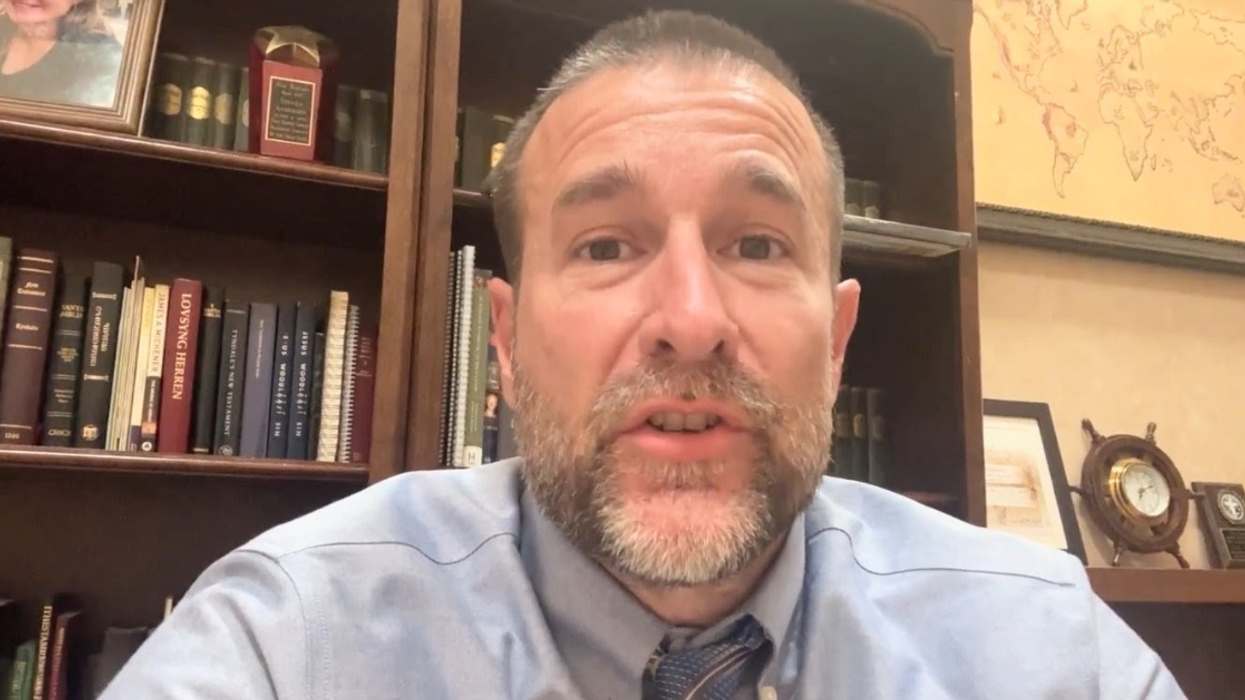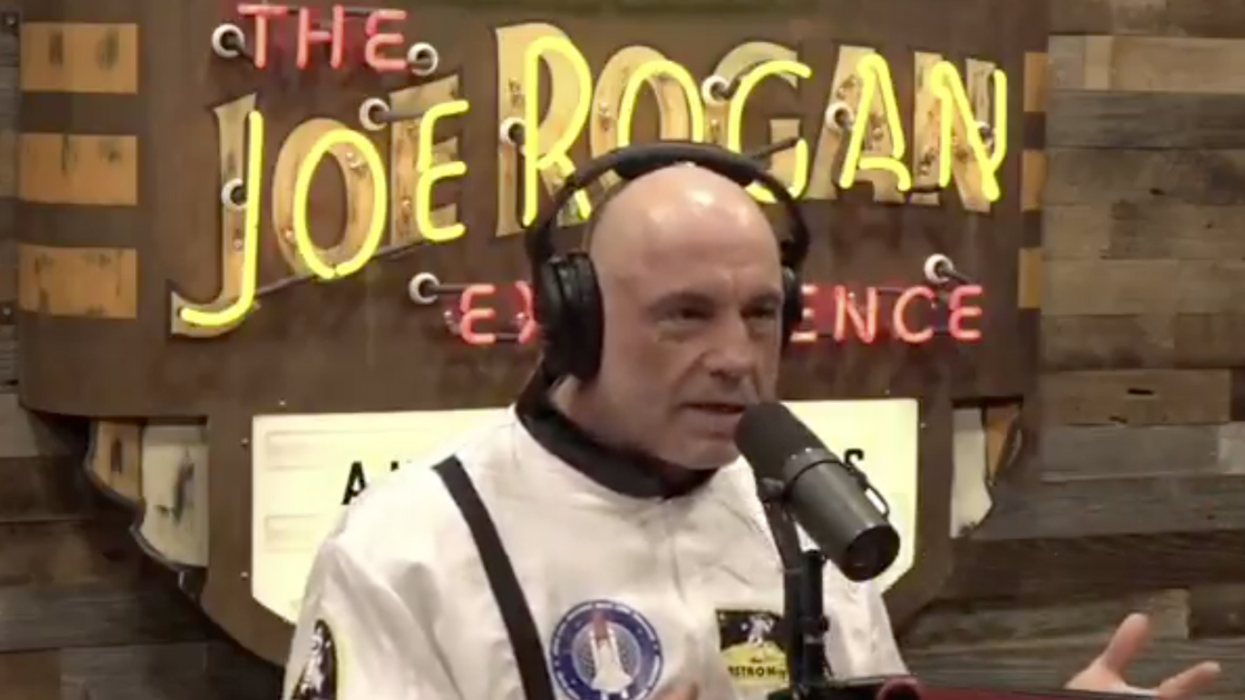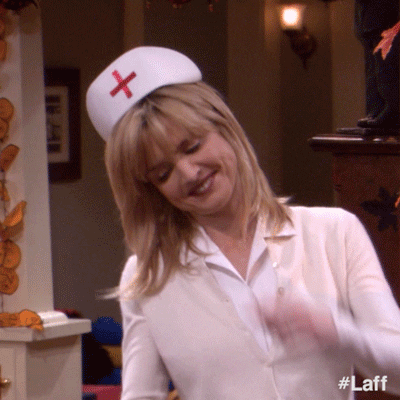A devoted mom whose terror of blood meant she froze when her little girl split her head open has hailed her one-hour session of hypnotherapy "a miracle" after it cured her phobia, enabling her to train as a phlebotomist.
Blaming frequent blood tests throughout her childhood, because of a thyroid condition, for triggering her hemophobia – fear of blood – for 40 years divorcee Lisa Hart, 53, said she would feel sick and faint at the mere sight of the red stuff.
But a single session with hypnotherapist Susan Hepburn, who has advised A-list celebrities on weight loss, not only helped conquer her phobia, but meant that, as a sports and injury specialist, she could train as a phlebotomist – someone who takes blood for testing – adding to her skill set.

Lisa, of Loughton, Essex, England, who has three children – PR executive Jordan, 33, boarding kennel boss, Carly, 31, and veterinary student Jessica, 30, and four grandchildren, said:
“After the hypnotherapy session, I waited about five days, then I went on YouTube and watched videos of people taking blood. I was absolutely amazed because I didn't feel a thing – no fear at all."
“I didn't feel freaked out, nor did I enjoy watching it. I felt nothing at all. I couldn't believe it."
“Previously, I would never have been able to watch it. I would have refused. I'd feel so sick or like I was going to collapse."

Diagnosed with an underactive thyroid at the age of six, Lisa's childhood was punctuated by medical appointments.
“I was very lethargic, had no energy and was puffy, overweight, and yellow," she recalled.
“From the age of six, I was in and out of hospital and having blood tests all the time."
She continued:
“I think it was the pain from these tests that started the phobia. They didn't use a needle like they do these days, it was like a really sharp, small silver blade about an inch long, which they would prick your thumb with."
“They would keep squeezing my thumb until the droplets of blood came out. If they couldn't get enough, they would stab my thumb again, so I could feel the pain and then the dripping of the blood – it was just horrendous."
“This happened at all my appointments – so at least once a month. I was still going back and forth to the hospital until I was 40. They'd switched to using needles by then, not that it made anything better."

Lisa added:
“I just hated anything to do with blood."
Horrified by TV programs showing operations or blood of any kind, Lisa said her worst moment came when she was shopping with her children, who were then very young.
“Jordan pushed Carly, who was a year old at the time, out of the pram and she hit her head on the shelf in the supermarket," she recalled. “Her head just opened where her hairline was and the blood was pouring out."

She said:
“I couldn't comfort her. I had to pass her to a stranger in the shop and just get away. I felt so sick and like I was going to collapse. I felt paralyzed."
“I gave my baby to someone else because it was that bad. I phoned my mum and said, 'You need to come and help me,' and she had to take Carly."
“I've also had two caesareans and would have the same reaction to cannulas, because of the thought of them going into a vein."
Lisa recalled:
“When I had my youngest child, I needed a cannula – a tube inserted into the body to deliver or take fluids through. I actually punched the doctor when it was put in – not purposefully, but my reaction was to lash out."
“The medical team had to hold me down and it was so stressful. I felt really sorry for the doctor. I was crying like a baby."
“I would also get really emotional in the run up to having a blood test, even as the needles got thinner and it became easier."

After living with her phobia for decades, in February 2016 Lisa's son, Jordan, who had done some PR work with hypnotist Susan Hepburn, who charges £295 (~$360) a session, suggested she might be able to help.
Lisa said:
“I've never believed in hypnotherapy. I thought people were making it up when they were made to roll around on the floor like dogs and things like that."
“But I thought if there was one thing I wanted to overcome, it was my fear of blood, so I didn't think it would do any harm."
“First she spoke to me for about 15 minutes. She was just asking general questions. Then she asked me to sit in this nice big puffy office chair and started asking me where I thought the phobia came from, so I explained how I thought it came from my childhood," Lisa recalled.
“I think because I knew the root of the problem that helped me."
“The session lasted less than an hour and I was fully aware the whole time, she didn't put me to sleep or anything. I didn't feel like I'd 'left my mind.'"

After the session in London's Harley Street, Lisa was told not to think about blood, or to test herself by watching videos of blood, for three to five days.
After that she started to watch videos of people extracting blood on YouTube.
“I really didn't think it was going to work, but now I totally believe in hypnotherapy," Lisa said.
“Watching the YouTube videos, I was totally indifferent to blood and looked at it in a matter of fact way. I simply couldn't believe it."
“The only thing I'm not 100 percent on is when you have to wiggle the needle to get it into a vein, but even that just makes me feel slightly uncomfortable, nothing like before."
Soon after her hypnotherapy session, Lisa was offered the opportunity to expand her skill set at work, by training in phlebotomy.

“I loved helping people and I knew there was a shortage of phlebotomists, and at the time it was well paid," Lisa said.
“I thought it would be a personal challenge for me – going from not being able to look at blood at all to actually extracting it from people."
“If I could overcome my fear and do that it would be such an achievement."
So, in May 2016, Lisa attended a two-day training course in London, learning on the first day how to make a tourniquet and insert a needle.
“I had no problem doing it at all. I just felt a real sense of achievement. I was so proud of myself," she said.
Lisa was then given clinical training, during which she had to take 60 blood samples, which were supervised, in the community, before she could obtain her certificate of compliance.
“I use butterfly needles, which have winged tubing, so are gentler," she said.
“You can see the blood coming into the tube, so you know you're in the right place. There's a sense of achievement.
“When I saw the blood coming down, I got excited rather than afraid, because I knew it meant I'd done everything properly."
Joining an agency, over the next few years Lisa worked across health centers, hospital wards and in the community, in care homes and psychiatric units, as a phlebotomist.
Before the pandemic, she was working as phlebotomist part-time for an agency, also working in front of house catering.
But, since lockdown, she has been caring for her father, who is classed as vulnerable because of his age and has put everything on hold, for now.
“I'm so proud of myself for overcoming my phobia," she said “I'd love to know what the hypnotherapist did to me."
“Before I saw her, I would never in a million years have thought of becoming a phlebotomist. Some days I still can't believe it."
“I'm a nail biter as well, so I'm thinking she might be able to cure me of that next!"
Susan Hepburn, who has a practice in London's Harley Street and in Los Angeles, said phobias develop from personal trauma.
She explained:
“Nobody is born predestined to have a fear. Phobias are learned thoughts and fears that are based on experiences or trauma, so I simply change their mindset, just like deleting files from a computer or messages from your phone."
For more information visit www.susanhepburn.com














 Happy Feeling Myself GIF by Laff
Happy Feeling Myself GIF by Laff  Charlie Day Ok GIF
Charlie Day Ok GIF  Happy Sesame Street GIF by Muppet Wiki
Happy Sesame Street GIF by Muppet Wiki 
 @max_balegde/TikTok
@max_balegde/TikTok @max_balegde/TikTok
@max_balegde/TikTok @max_balegde/TikTok
@max_balegde/TikTok @max_balegde/TikTok
@max_balegde/TikTok @max_balegde/TikTok
@max_balegde/TikTok @max_balegde/TikTok
@max_balegde/TikTok @max_balegde/TikTok
@max_balegde/TikTok @max_balegde/TikTok
@max_balegde/TikTok @max_balegde/TikTok
@max_balegde/TikTok @max_balegde/TikTok
@max_balegde/TikTok
 @jackuno/Instagram
@jackuno/Instagram @jackuno/Instagram
@jackuno/Instagram @jackuno/Instagram
@jackuno/Instagram @jackuno/Instagram
@jackuno/Instagram @jackuno/Instagram
@jackuno/Instagram @jackuno/Instagram
@jackuno/Instagram @jackuno/Instagram
@jackuno/Instagram @jackuno/Instagram
@jackuno/Instagram